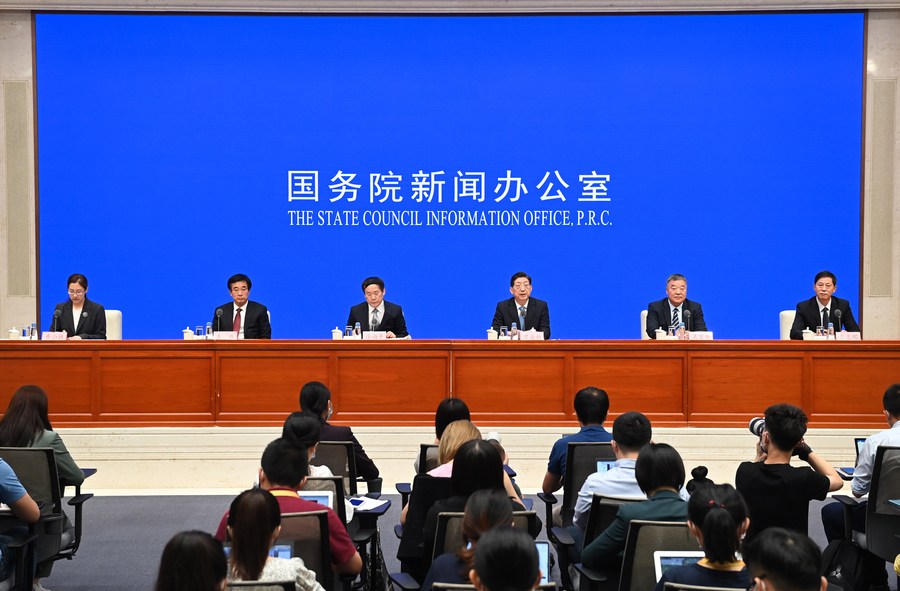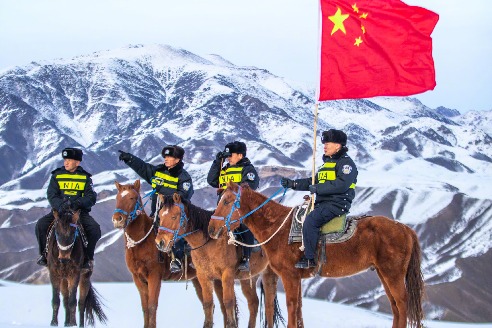Lesson behind hyperbole of Chinese researchers withdrawing COVID data
Chinese researchers withdraw COVID data.


BEIJING- A Western media firestorm suspecting China hid early COVID-19 data in Wuhan turned out to be much ado about nothing, with a boring answer and alarming lesson for everyone who -- inadvertently or not -- played a part.
In late June, Dr. Jesse Bloom, a virologist at the Fred Hutchinson Cancer Research Center in the United States, said on Twitter that a set of SARS-CoV-2 sequences based on samples collected in Wuhan was withdrawn by local researchers from a database in the US.
Bloom also alleged that the fact the data "was deleted should make us skeptical that all other relevant early Wuhan sequences have been shared."
Within a day or two, multiple Western media outlets reported Bloom's finding when the Wuhan researchers didn't immediately comment, fueling widespread suspicion such as "deliberate obfuscation" in the words of a US professor in the Financial Times.
On July 22, Dr. Zeng Yixin, vice-minister of the National Health Commission, refuted Bloom's allegations of a cover-up at a press conference in Beijing.
A day later, two Xinhua journalists independently reached a Wuhan researcher at the center of the controversy by phone, who confirmed the Chinese official's account with more details -- and a self-reflection.
Still spooked by the international hyperbole, the researcher insisted on anonymity.
On July 29, SMALL, an international academic journal, published a correction with an apology, confirming the aligning accounts of the Chinese official and the researcher.























